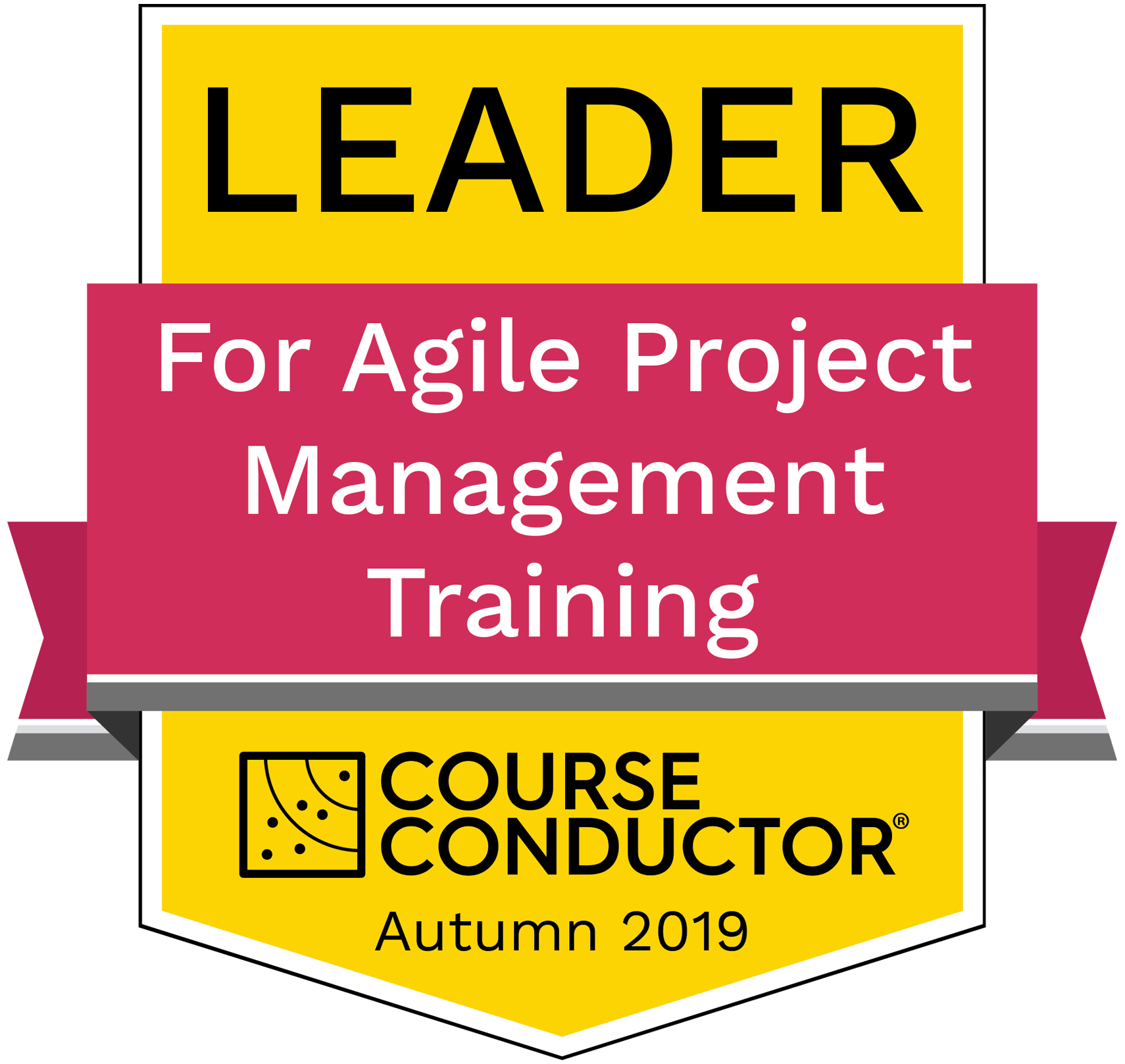
Introduction
Efficient and effective project delivery is essential for success in all industries. Whether you’re experienced or just starting your career, understanding project delivery is crucial. This article explores project delivery concepts, career opportunities, and job-finding strategies in this field.
What is project delivery?
Project delivery transforms a plan into tangible results. It includes all steps to complete a project, from start to finish. Successful project delivery requires skills, methods, and tools to meet project goals within set limits.
Key parts of successful project delivery are:
- Clear project scope and objectives
- Effective resource management
- Strong communication
- Risk assessment and mitigation
- Ongoing monitoring and control.
The project delivery lifecycle
The project delivery lifecycle has five main phases:
- Initiation: Define the project and check if it’s feasible. Identify key stakeholders and set project goals.
- Planning: Create a detailed project plan with timelines, resource allocation, and risk management strategies.
- Execution: Carry out the project plan. Teams work together to finish tasks and deliver results.
- Monitoring and controlling: Track progress and make needed changes to keep the project on track.
- Closure: Finish the project, review what was learned, and hand over deliverables to stakeholders.
Project delivery methods
Different projects need different approaches. Three common methods are:
- Waterfall: A step-by-step approach best for projects with clear requirements and few changes.
- Agile: A flexible approach that allows for ongoing improvements, ideal for projects with changing requirements.
- Hybrid: Combines Waterfall and Agile elements for projects that don’t fit neatly into either category.
Essential skills for project delivery professionals
To do well in project delivery, professionals need various skills:
- Communication and teamwork: Share ideas clearly and work well with different teams.
- Risk management: Spot potential issues and develop ways to address them.
- Time and resource management: Use resources wisely and meet deadlines.
- Flexibility and problem-solving: Adjust to challenges and find creative solutions.
Tools and technologies in project delivery
Project delivery often uses technology. Essential tools include:
- Project management software: Platforms like Microsoft Project, Jira, and Trello help organise tasks and track progress.
- Collaboration platforms: Tools like Slack and Microsoft Teams help with communication and file sharing.
- Data analysis and reporting tools: Software like Tableau and Power BI help show project data and create insights.
Common challenges in project delivery and how to overcome them
Project delivery often faces these challenges:
- Scope creep: Define project boundaries clearly and use change control processes.
- Resource limits: Prioritise tasks and consider ways to balance resources.
- Stakeholder management: Keep open communication and update stakeholders regularly on progress.
- Quality control: Use thorough testing and quality checks throughout the project.
Career opportunities in project delivery
Project delivery offers various career paths:
- Project delivery manager roles: Oversee the entire project delivery process, from planning to completion.
- Specialised positions: Roles such as risk manager, resource coordinator, or quality assurance specialist.
- High-demand industries: IT, construction, healthcare, and finance sectors need project delivery professionals.
5 top resources for project delivery jobs in the UK
If you’re looking to start or advance your career in project delivery, here are five excellent resources:
Indeed.com
What it offers
- Many project delivery positions across various industries.
Why it’s useful
- Easy-to-use website
- Advanced search options
- CV upload for quick applications.
Visit
Home Office careers
What it offers
- UK government openings for project delivery professionals.
Why it’s useful
- Work on large, important projects
- Stable public sector career
- Good benefits package.
Visit
What it offers
- Job listings and networking with industry professionals.
Why it’s useful
- Connect with recruiters and hiring managers
- Join project management groups for job postings
- Use your professional network for referrals.
Visit
Reed.co.uk
What it offers
- Many project delivery job opportunities.
Why it’s useful
- Daily job alerts based on your preferences
- Salary comparisons and career advice
- Simple application process.
Visit
IT Jobs Watch
What it offers
- IT project delivery roles, job listings, and salary information.
Why it’s useful
- Focused on the IT sector
- Detailed salary data and trends
- Information on required skills and certifications.
Visit
These resources offer a wide range of project delivery opportunities across various UK sectors. Remember to tailor your applications to each role and company for the best chance of success.
Tips for landing a project delivery job
To improve your chances of getting a project delivery role:
- Create a strong CV and portfolio: Highlight relevant skills and experiences, showing successful projects.
- Network and grow professionally: Attend industry events and join professional groups.
- Get certifications and keep learning: Qualifications like PRINCE2, PMP, or Agile certifications can boost your credibility and knowledge.
Future trends in project delivery
Keep an eye on these emerging trends:
- Artificial intelligence and machine learning: Improve project planning and resource allocation.
- Remote and distributed teams: Adapt to new ways of working together and managing teams.
- Sustainable and green project management: Focus on delivering projects in an environmentally friendly way.
Conclusion
Project delivery is a dynamic field with many opportunities for professional growth. By developing key skills, staying up-to-date with industry trends, and using the right tools and methods, you can succeed in this exciting career. The world of project delivery has opportunities for everyone, whether you’re just starting or looking to advance your career.
FAQs
How can I move into a project delivery role from another field?
Identify transferable skills, seek project-related tasks in your current job, and consider getting relevant certifications or training.
Which certifications are most valued for project delivery professionals?
PRINCE2, PMP (Project Management Professional), and Agile certifications like Scrum Master are highly regarded.
How does project delivery vary across industries?
While core principles are similar, industries may have specific rules, technologies, or methods that affect project delivery practices.
What are the main challenges for project delivery managers?
Common challenges include scope creep, resource limits, stakeholder management, and adapting to changing project needs.
How can I measure project delivery success?
Use key performance indicators (KPIs) such as on-time completion, budget adherence, stakeholder satisfaction, and quality of deliverables.
Which soft skills are important in project delivery roles?
Key soft skills include communication, leadership, problem-solving, adaptability, and emotional intelligence.
How has COVID-19 affected project delivery practices?
The pandemic has increased the use of remote work, digital collaboration tools, and Agile methods in project delivery.
What are some entry-level positions in project delivery?
Common entry-level roles include project coordinator, project assistant, or junior project manager.
How can I keep up with the latest trends in project delivery?
Join professional groups, attend industry conferences, follow thought leaders on social media, and read industry publications and blogs regularly.
Infographic









